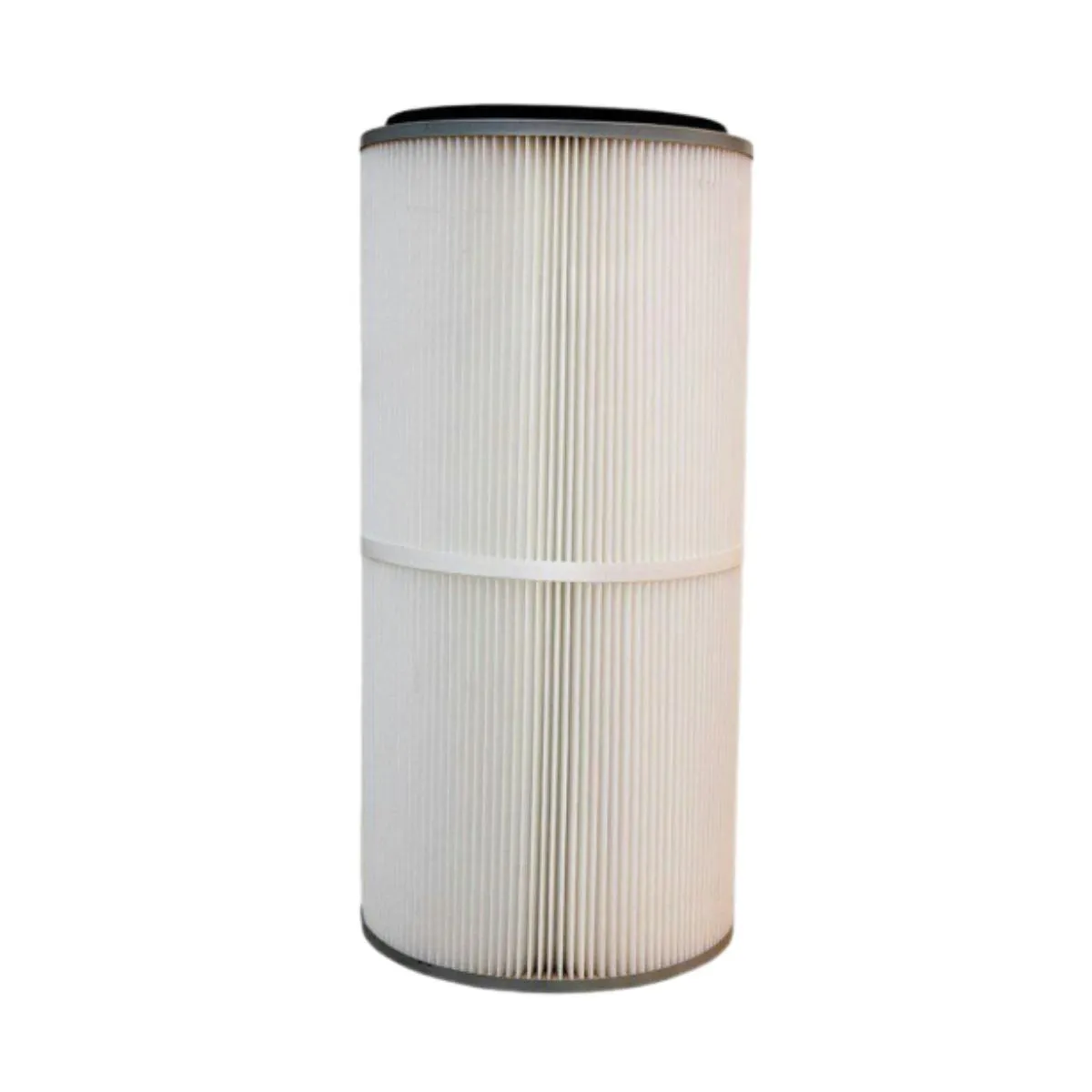 Tel:
+8618931101301
Tel:
+8618931101301
Nën . 14, 2024 06:28 Back to list
metal filter element
Understanding Metal Filter Elements A Comprehensive Overview
Metal filter elements have become an integral part of modern filtration systems across various industries. From aerospace to automotive, these filters play a crucial role in ensuring the efficiency and longevity of machinery by removing impurities and particulate matter from fluids and gases. This article delves into the significance of metal filter elements, their construction, applications, and advantages over traditional filtration methods.
What Are Metal Filter Elements?
Metal filter elements are porous structures made from metals, such as stainless steel, aluminum, or bronze, designed to capture particles while allowing fluids or gases to pass through. They are engineered using various manufacturing techniques, including sintering, wire mesh weaving, and laser cutting, which create a network of pores that can vary in size depending on the application. The filtration medium must strike a balance between structural integrity, permeability, and the ability to withstand harsh operating conditions.
Key Features and Benefits
1. Durability and Longevity One of the primary advantages of metal filter elements is their exceptional durability. Unlike traditional filter media, such as paper or cloth, metal filters can withstand higher temperatures, pressures, and aggressive chemicals without degrading. This results in a longer lifespan and reduced maintenance costs.
2. Reusability and Cleanability Many metal filter elements can be cleaned and reused through various methods, including backflushing, ultrasonic cleaning, or chemical cleaning. This reusability not only lowers operational costs but also promotes sustainability by reducing waste.
3. Customization Metal filter elements can be tailored to meet specific filtration requirements. Manufacturers can adjust pore size, thickness, and density according to the application, ensuring optimal performance in diverse environments, from food and beverage processing to petrochemical refining.
4. High Filtration Efficiency With the ability to achieve high filtration efficiencies, metal filter elements can capture microscopic particles that might otherwise pass through standard media. This is particularly critical in industries where contamination can lead to serious operational issues or safety hazards.
metal filter element

5. Temperature and Chemical Resistance Metal filters can operate effectively in extreme temperatures and in harsh chemical environments, making them suitable for applications in the oil and gas industry, pharmaceuticals, and food processing.
Applications of Metal Filter Elements
Metal filter elements are widely used in various applications across different sectors
- Aerospace and Defense In advanced filtration systems for aircraft and military vehicles, metal filters are used to ensure that fuel and hydraulic fluids remain free from contaminants that could compromise safety and performance.
- Automotive In automotive manufacturing, metal filter elements help maintain the efficiency of fuel injection systems and other critical components by trapping particulates that could cause wear and tear.
- Chemical Processing In chemical manufacturing, these filters are used to remove solid contaminants from process fluids, ensuring product purity and equipment longevity.
- Food and Beverage The food industry utilizes metal filter elements in processes such as wine and beer production, where maintaining cleanliness and quality is paramount.
Conclusion
Metal filter elements present a robust solution for filtration needs in a variety of demanding applications. Their unique properties of durability, reusability, and efficiency make them a preferred choice for industries where performance and reliability are essential. As technology advances and industries evolve, the role of metal filter elements is likely to expand, offering even more innovative solutions for increasingly stringent filtration challenges. Investing in high-quality metal filter elements not only ensures superior filtration but also contributes to the overall efficiency and sustainability of industrial operations.
-
Working principle of high-efficiency dust filter elementNewsJun.26,2025
-
The truth about washable filters: Does repeated use really not affect efficiency?NewsJun.25,2025
-
Effect of humidity on the performance of activated carbon filter elementsNewsJun.24,2025
-
Material selection considerations for dust removal filter elements under high temperature conditionsNewsJun.23,2025
-
Cold knowledge of air filters: Why are some designed to be pleated?NewsJun.16,2025
-
Factory direct supply! High-precision air filter element wholesale and customizationNewsJun.12,2025

 Email:
Email:





